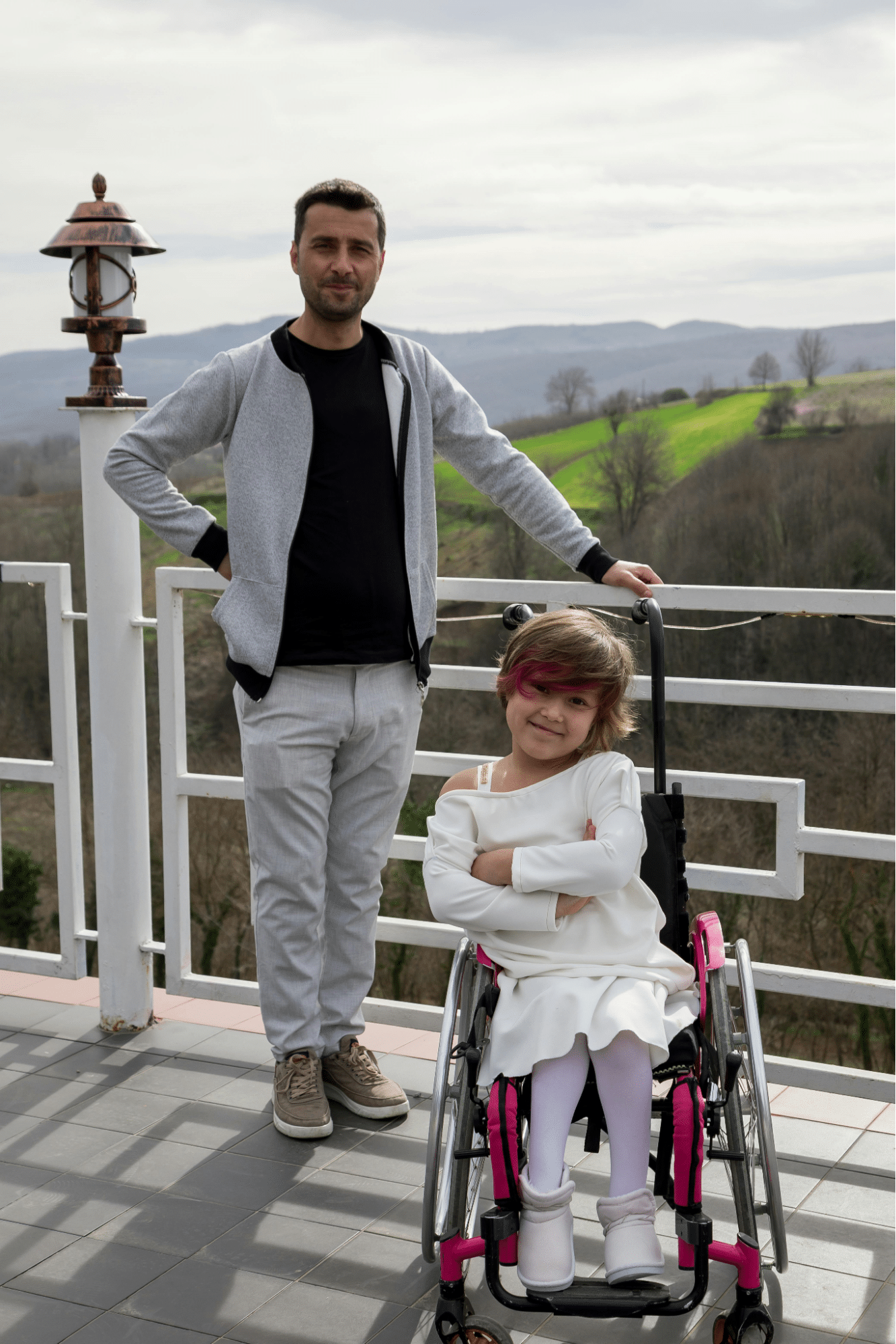In a world where medical science has progressed by leaps and bounds, a delicate segment of our society requires more than just advanced treatments and technologies. These are the families of medically fragile children whose lives are a constant carousel of hospital visits, specialized care, and an overarching uncertainty about the future. The emotional, physical, and financial toll on these families is immense, often leaving them in dire need of support that goes beyond conventional medical interventions. Here, a unique approach to care—personalized, client-centered, and deeply empathetic—becomes beneficial and essential for nurturing hope and facilitating meaningful improvements in the lives of these children.
“Every Child, Every Need, Every Home” – this powerful tagline from HomeLogic Healthcare encapsulates the ethos of providing personalized care tailored to meet the individual needs of every child in the comfort of their own home. In this article, we delve into how such support from HomeLogic Healthcare can significantly resolve some challenges faced by families with medically fragile children and why adopting a client-centered approach is paramount.
Medically fragile children are those who require daily nursing care due to their complex health conditions. These conditions may include chronic illnesses or developmental disabilities such as spina bifida, cerebral palsy, muscular dystrophy, hydrocephalus and many others. These types of disabilities require an intricate web of care across various healthcare disciplines. For parents and caregivers, navigating this landscape can be daunting—a journey filled with uncertainty and relentless worry about their child’s well-being.
One profound challenge these families face is isolation. Caring for a medically fragile child often means long hours spent at home or in hospitals, away from social interactions and community support systems. This isolation can lead to feelings of loneliness and depression among caregivers, affecting their ability to provide care.
Moreover, the financial strain cannot be overstated. The cost associated with ongoing medical treatments, specialized equipment, and home modifications for accessibility—all contribute to significant financial pressures on these families. Without adequate support, this burden can become insurmountable.
Enter Home Logic Healthcare—a beacon of hope for many such families. Focusing on a client-centered approach that prioritizes personalized care plans based on each child’s unique needs and family situations, they offer more than just healthcare; they provide a lifeline.
Personalized care entails understanding the medical needs and the emotional and social requirements of each child and family unit. It’s about acknowledging that each case is as unique as the individual at its center and crafting a care plan that reflects this uniqueness. This bespoke approach ensures that interventions are effective and sustainable over time because they’re designed around the real-life dynamics of each household.
A pivotal aspect of Home Logic Healthcare’s philosophy is bringing this personalized care directly into every home they serve. There’s substantial evidence suggesting that receiving care in one’s home promotes better healing outcomes for patients—an environment where they feel most comfortable and secure. For medically fragile children, especially those who might spend considerable amounts in sterile hospital settings—a sense of normalcy can be incredibly therapeutic.
But it’s not just about healthcare services; it’s also about building relationships with these families—reassuring them through professional advice when making tough decisions or simply being there as a pillar of emotional support during challenging times. HomeLogic Healthcare’s staff make it their mission to walk alongside these families at every step, providing clinical expertise and genuine companionship throughout their journey.

Photo: Pexels.com
This holistic model extends beyond immediate family units. It involves training parents on how to use medical equipment confidently, engaging with local communities to foster broader support networks for these families, and creating awareness about challenges faced by medically fragile children. This, in turn, cultivates an environment where empathy leads to action.
In today’s digital age, staying connected has never been easier but more critical. For organizations like HomeLogic Healthcare, leveraging social media platforms becomes invaluable in reaching out, spreading messages of hope, and rallying community support around causes close to heart. Through channels like Facebook and Instagram, they share stories of resilience, triumphs, and small victories, highlighting the everyday heroes amongst us—their patients. These journeys inspire countless others facing similar battles, making them feel less alone when the world seems overwhelming. In times when love and compassion shine the brightest, HomeLogic Healthcare’s mantra, “Every Child, Every Need, Every Home,” becomes a guiding light.
HomeLogic Healthcare is an approved Georgia Pediatric Program (GAPP) provider that serves medically fragile children throughout Georgia. They provide licensed nurses for the trach, catheter, ventilator and colostomy care, as well as G-tube feeding, post-operation, recovery care and in-school nursing. Professional staff is also available to provide personal care support such as home management and supervision, meal preparation, feeding, bathing, grooming and activities of daily living. Parents also have the option to be compensated as their child’s caregiver. To inquire or enroll for services, call (470) 485-1690 or visit their website at homelogichealthcare.com.
Published by: Holy Minoza









